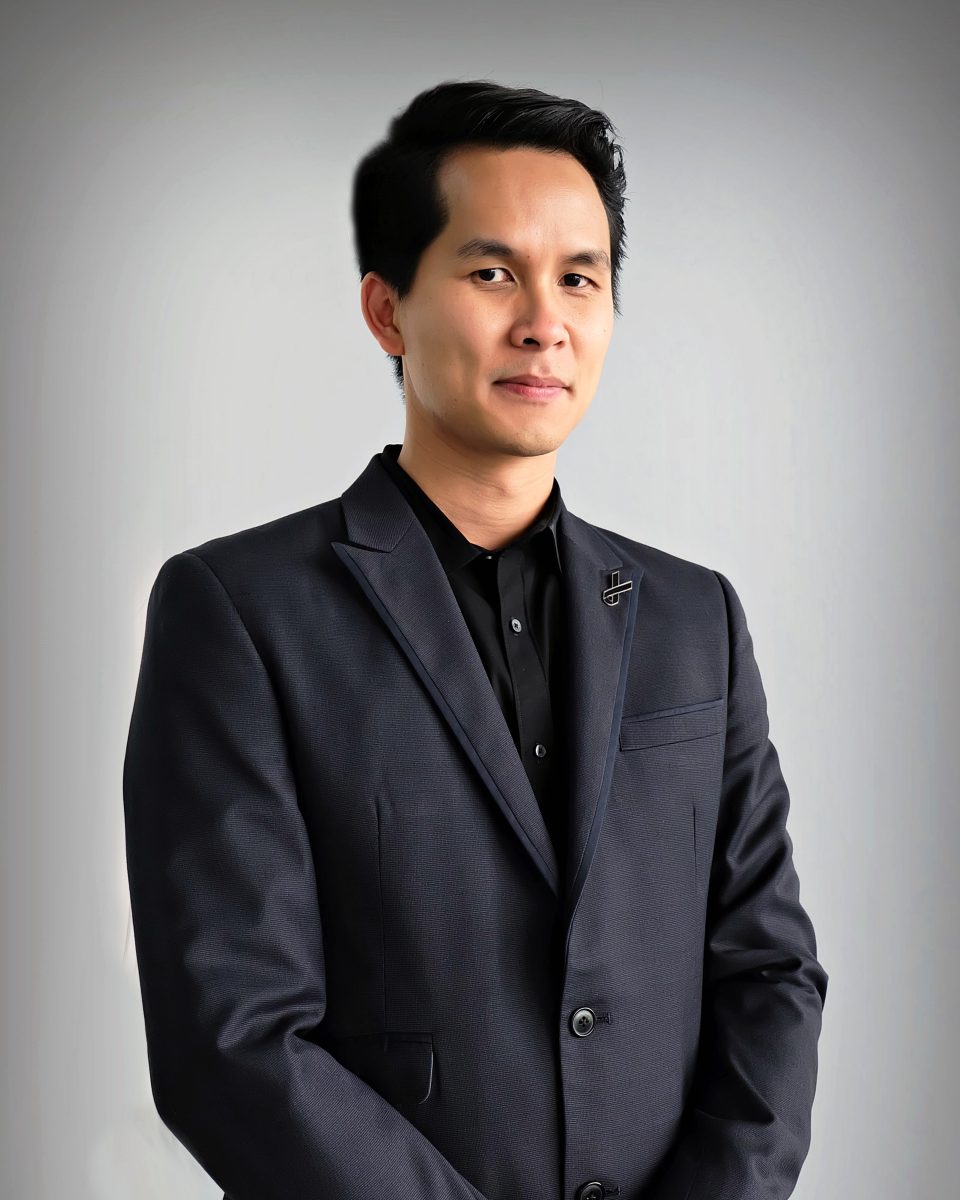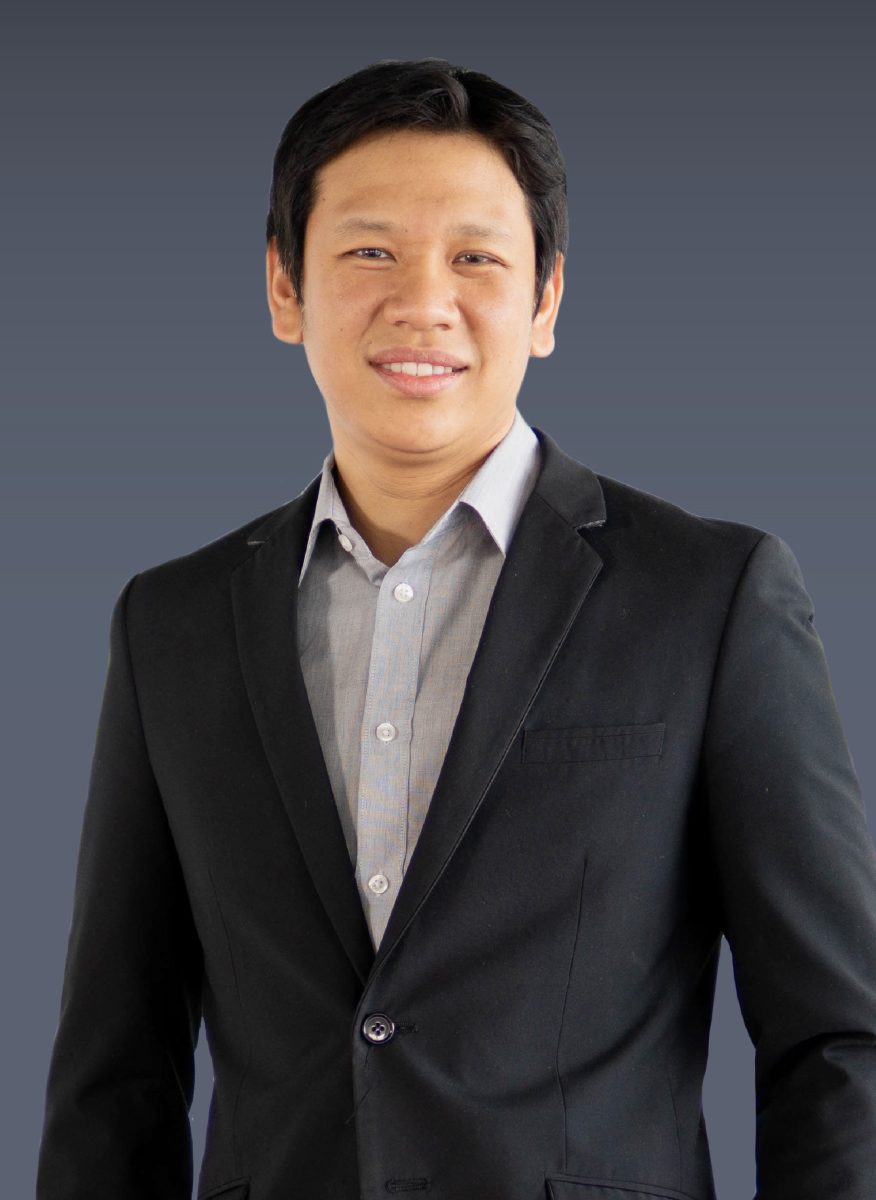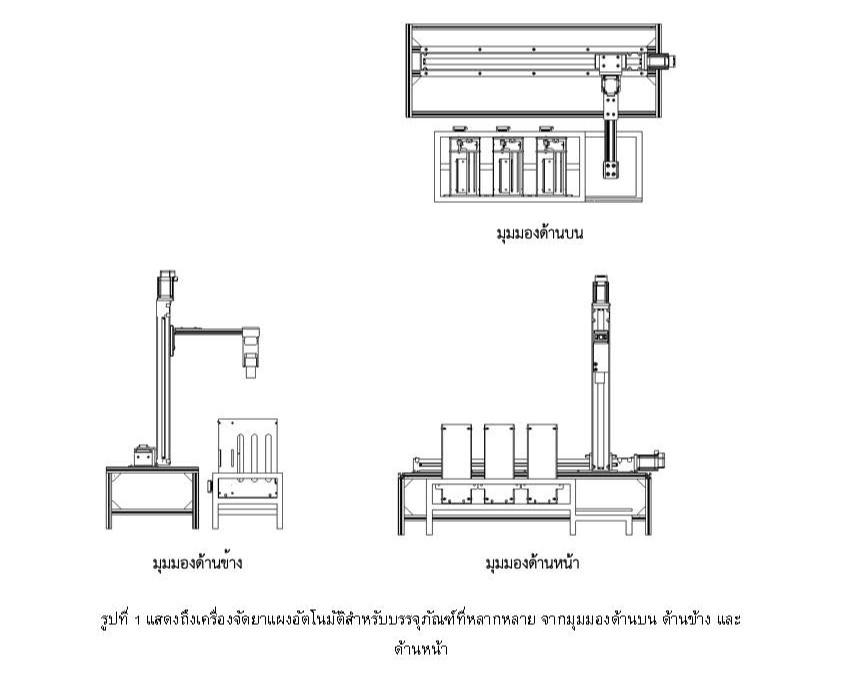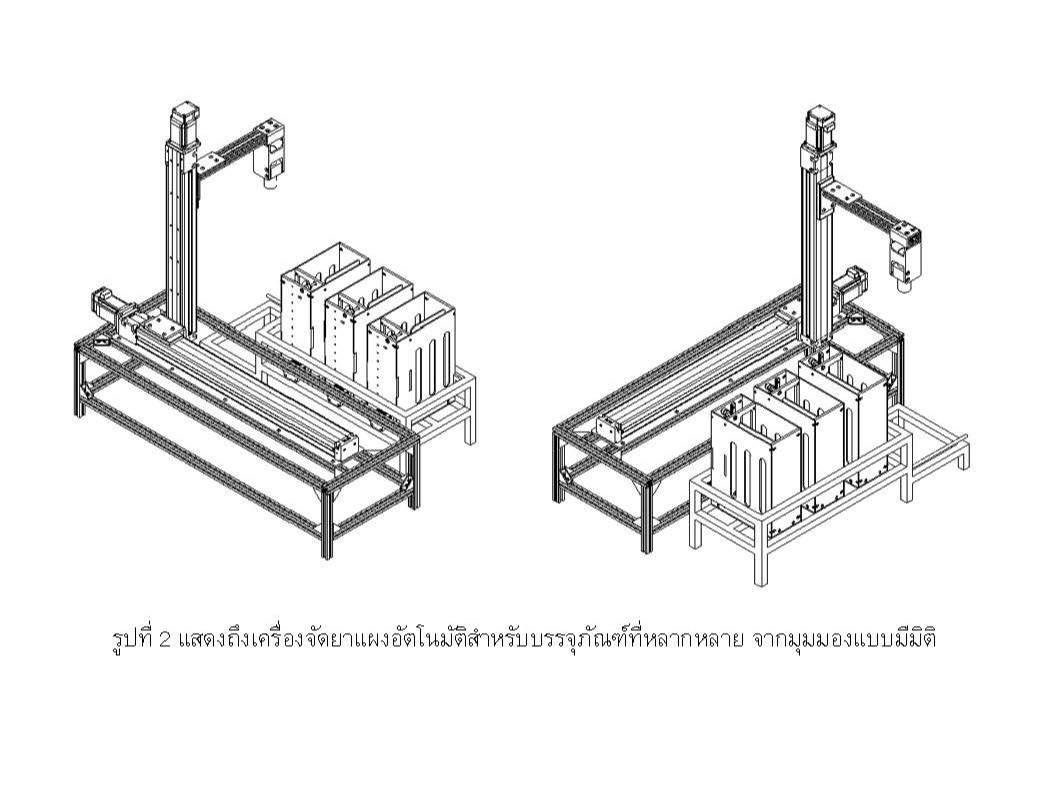

King Mongkut’s University of Technology Thonburi (KMUTT) has developed an “Automatic Blister Packet Dispenser for Multi-Packaging” designed to reduce dispensing errors and increase medication dispensing efficiency, especially during busy periods. This technology is protected by patent number 22995. This work is a collaboration between Dr. PRAKRANKIAT YOUNGKONG and Asst.Prof.Dr. SUPACHAI VONGBUNYONG, lecturers from the Field Robotics Institute (FIBO), KMUTT.
Problems found in hospitals nationwide include long waiting times and dispensing errors, especially during peak patient hours, such as during the COVID-19 pandemic or in the mornings at large public hospitals. “Dispensing medication during peak patient hours causes delays and errors. Implementing automation will help alleviate this problem.”
In addition, handling a variety of drug packaging, whether it is a bottle, tablet or foil package, increases the risk of errors in the dispensing process. For this reason, the research team has developed an automatic blister packer, consulting with doctors at leading hospitals in Thailand, such as Chulalongkorn Hospital and Siriraj Hospital.
Dr. Prakarnkiat said about this medicine dispenser, “We developed the machine to be able to manage multiple packages of medicine, such as dispensing only the tablets needed instead of the entire blister pack, which will help reduce the amount of medicine used.”
This dispenser features a robotic control system that uses a vacuum suction head that picks up medicines accurately. The robot can adjust its operation to suit the characteristics of medicines in different packages, enabling it to dispense medicines accurately and efficiently.
Currently, this medicine dispenser has attracted the attention of many companies and has been used in many leading hospitals such as Chulalongkorn Hospital, Siriraj Hospital, and hospitals in the provinces such as Chiang Rai and Phitsanulok. This technology helps reduce the workload of medical personnel and reduces the risk of errors in dispensing medicine.
In the future, Asst.Prof.Dr. SUPACHAI said, “We are committed to expanding the use of this technology to be more widespread to improve medical services in hospitals nationwide.”

